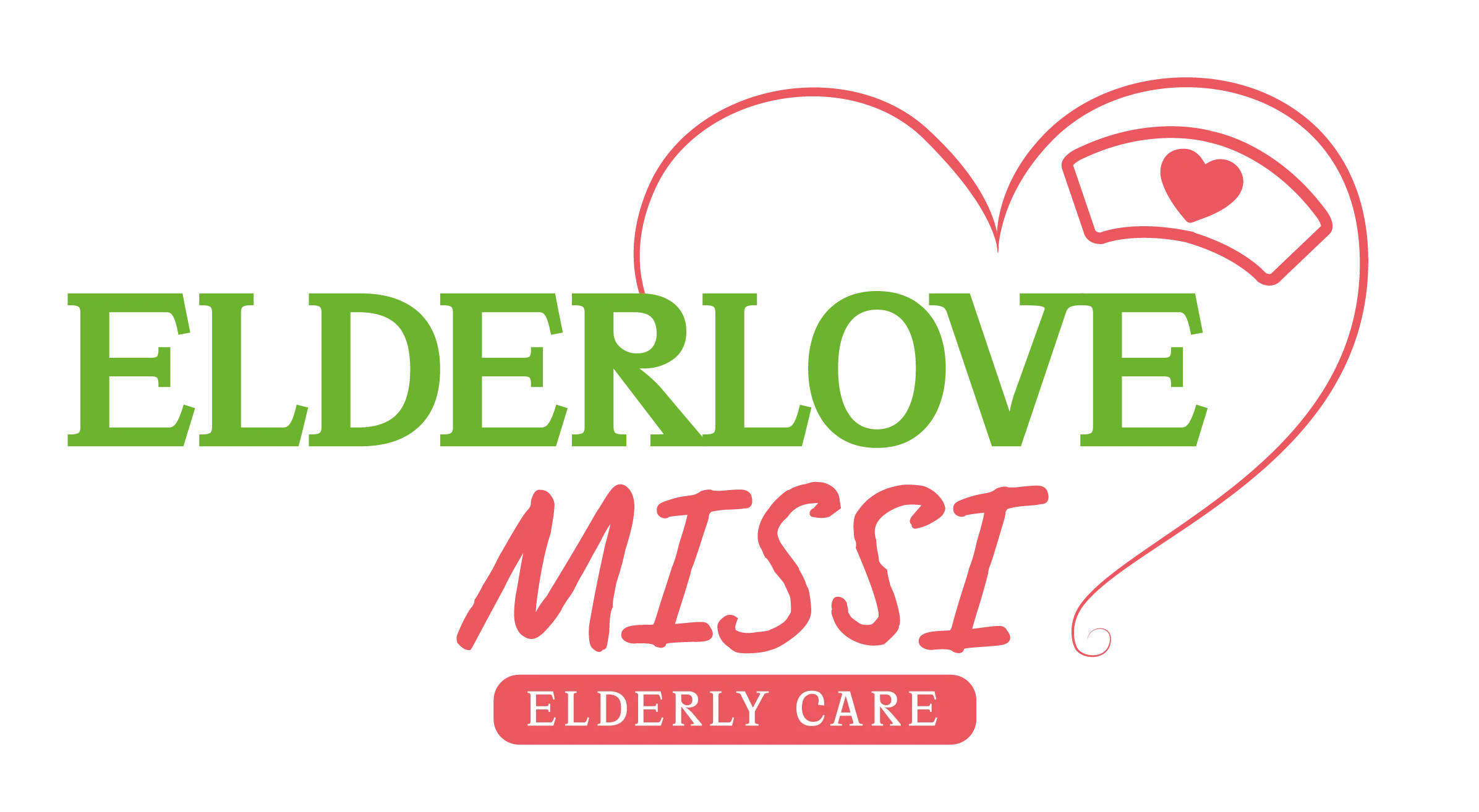Caring for someone who has experienced a stroke involves more than just medical treatment. Stroke recovery is a gradual process that requires consistent nursing care, patience, and emotional support. For families and caregivers, understanding the basics of stroke nursing care is key to making informed decisions. At Elderlove Nursing Home, we support stroke survivors through every stage of recovery—from hospital discharge to long-term rehabilitation.
What Happens After a Stroke?
After a stroke, a person may experience a variety of challenges, such as difficulty moving, speaking, swallowing, or even recognizing one side of their body. These symptoms vary depending on the part of the brain affected.
Nursing Assessments in Stroke Care
Nurses play a critical role in observing and evaluating:
– Clinical symptoms (like weakness or slurred speech)
– Risk of complications (such as difficulty swallowing or breathing)
– Emotional and mental responses
– Risk factors like high blood pressure or previous medical conditions
Common Care Focus Areas
Stroke nursing care often addresses the following challenges:
– Breathing support and airway clearance
– Helping with mobility and physical activity
– Support for speech and communication
– Safe swallowing and proper nutrition
– Managing bladder and bowel function
– Emotional wellbeing and coping strategies
Why a Structured Care Plan Matters
A stroke recovery plan usually aims to help the patient:
– Stay mentally alert
– Regain physical movement
– Improve communication skills
– Avoid complications such as infections or bedsores
– Build confidence and independence in daily tasks
Supporting Physical Recovery
Preventing muscle stiffness and promoting movement are important goals. Nurses typically use supportive tools to help patients sit, eat, or walk safely. They also assist in preventing pressure injuries and improving joint flexibility through positioning techniques. Elderlove facilities are equipped with mobility aids and trained staff to guide this process gently and effectively.
Nutritional and Digestive Support
Stroke can affect a person’s ability to swallow. A proper assessment of swallowing function is essential before feeding. Texture-modified food, oral hygiene, and high-fiber diets are commonly recommended to maintain nutrition and avoid constipation.
Communication and Emotional Support
Many stroke survivors experience communication challenges. Speaking slowly, using simple words, and giving extra time to respond are ways caregivers can support them. Emotional care is equally vital, as stroke can impact a person’s mood and confidence.
Long-Term and Home-Based Considerations
Stroke recovery often continues after hospital discharge. Families are encouraged to prepare a safe and accessible home environment. This includes using assistive devices, maintaining routines, and supporting the individual’s independence whenever possible.
Final Thoughts
Stroke care is complex and deeply personal. For families navigating recovery, understanding what proper stroke nursing care involves can offer peace of mind. Being informed empowers caregivers to seek the right support for their loved ones throughout the healing journey. Elderlove, we’re committed to delivering personalized, dignified, and compassionate stroke care that prioritizes each resident’s comfort and quality of life.

